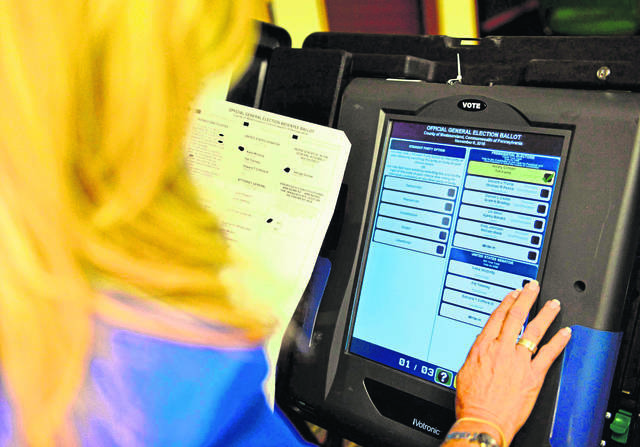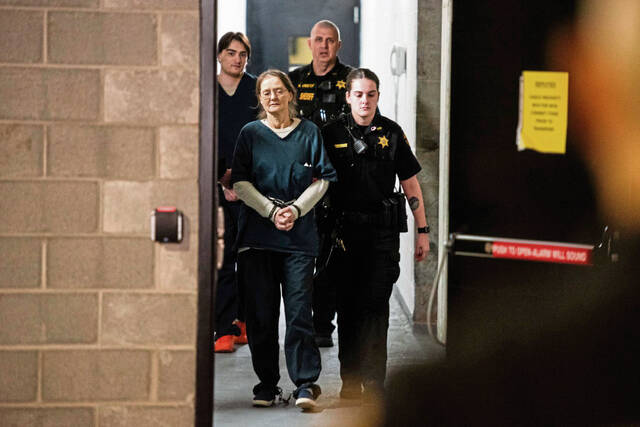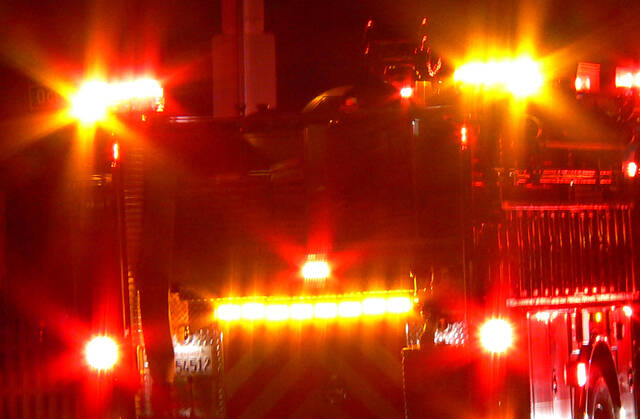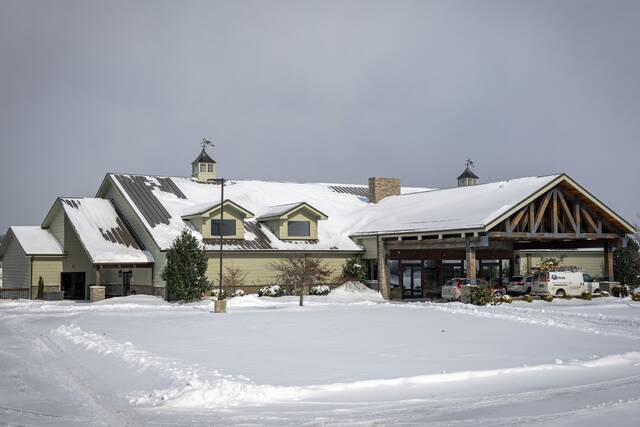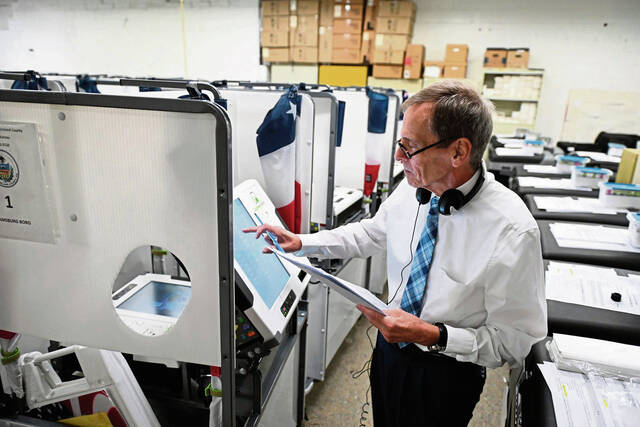A special election will be held March 17 to fill the remaining term of former state Rep. Justin Walsh, and it could require Westmoreland County to borrow money to pay for the early balloting, officials said.
Walsh, a Republican, resigned at the end of December after serving a year of his second term. There would be nine months remaining after the special election. In November, Walsh was elected as a Westmoreland County Common Pleas judge. He took office in his new job this week.
The legislative seat covers Adamsburg, Arona, East Huntingdon, parts of Hempfield, Jeannette, Madison, Monessen, Mt. Pleasant, North Belle Vernon, Penn Borough, Rostraver, Sewickley, Smithton, South Huntingdon, Sutersville and West Newton.
Mike Turzai, speaker of Pennsylvania’s House of Representatives, on Tuesday set the special election date for Walsh’s seat and two others throughout the state. Those special elections will occur six weeks before Pennsylvania’s primary, set for April 28.
“It’s a challenge,” said Beth Lechman, the county’s elections bureau director. “There are a lot of unknowns, but we will prepare as we do for every election.”
The state is expected to reimburse the county for expenses associated with the special election, costs that are estimated to exceed $200,000, according to Lechman. The county will have to hire poll workers, rent locations for the 66 voting precincts that make up the 58th District and possibly rent voting machines.
Cost estimates are based on what the county spent for a similar special election conducted in March 2016 to fill the remaining few months in the term of former state Rep. Tim Krieger, who resigned after being elected as a county judge.
It took about seven months for the county to be reimbursed for its special election expenses in 2016, Lechman said. It’s money the county might not be able to afford to front this year because of its dire financial situation, officials said. The county’s $341 million budget approved last month included virtually no safety net. The county’s finance office, before considering the special election, estimated $267,000 will remain in a surplus account at the end of 2020, meaning there’s little money available throughout this year for unbudgeted expenses.
Borrowed money could be used to pay the upfront costs for the special election, said Meghan McCandless, the county’s director of financial administration. County commissioners late last year approved the borrowing of up to $10 million to pay the bills until anticipated tax revenue is collected. The county will pay 1.77% interest on any money borrowed, McCandless said.
Officials wanted to hold the special election with the primary to reduce costs.
“I don’t think it’s fair the county should have to pay. It should come from the state upfront. It’s unfortunate, but we’ll have to deal with it,” said Commissioners’ Chairman Sean Kertes.
Lechman said the special election will present more than just a financial challenge.
It will be the first election where new voting equipment will be used. The county last fall bought new voting machines to comply with a new state rule requiring a paper ballot backup. Voters will scan their ballots at polling locations.
Because the special election is weeks before the primary, the county may have to rent additional machines to be used during early balloting, Lechman said.


